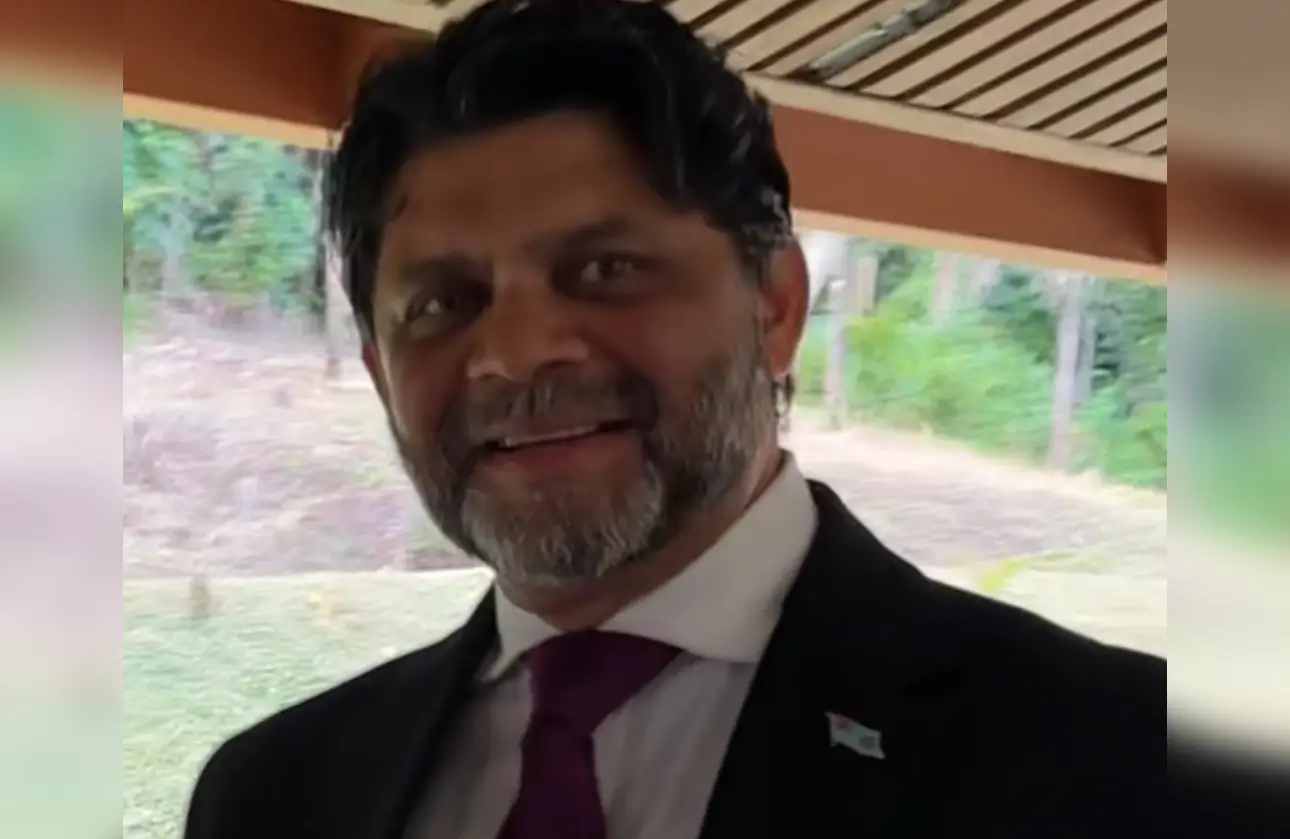
The Supreme Court has refused the application by Former Attorney-General Aiyaz Sayed-Khaiyum and Former Supervisor of Elections Mohammed Saneem, to be interveners in the matter, where Cabinet has made a referral to the Court.
The referral is concerning the interpretation of section 105(2)(b) of the Constitution, in particular, whether an Independent Legal Services Commission finding, in a disciplinary proceeding instituted against a legal practitioner – is consistent with the intended ‘finding of guilt’ in the constitutional provisions.
Justice Sir Terence Arnold and Justice Brian Keith, of the Supreme Court made the ruling this morning.
The Supreme Court judges in their ruling against the application by Former Attorney General Aiyaz-Sayed Khaiyum believe that in this reference with a specific aspect of the Constitution, it is unlikely that there will be much, if anything, in the background that could assist with the interpretation of that particular requirement.
Sayed-Khaiyum’s application to join as an intervener is based on his background as a former Attorney-General and Minister for Justice under various governments from 2007 and submitted that the Court would be assisted by his legal submissions in relation to the philosophy, background, drafting, purpose, application and intended interpretation of the Constitution.
The court acknowledge that the Constitution requires that those appointed to a number of offices must meet the qualifications for appointment as a judge and that there may well be some background as to why that requirement applies in relation to those offices.
But the ruling adds that it does not bear on the fundamental issue of interpretation raised by the Reference.
The ruling by the court adds that the Fijian Constitution was not the result of the type of public process that preceded the adoption of the United States Constitution.
Rather, it was the work of a relatively small group of officials, of which Sayed-Khaiyum was one.
The judges ruled that if they were to grant him leave to assist the Court with matters of background, they would have also to seek input from other members of the group.
The ruling adds that this is particularly so because Sayed-Khaiyum, no matter how hard he tries, cannot be dispassionate given his personal interest in the outcome of the Reference.
They add that allowing evidence of this type would be inconsistent with the nature of a reference.
The context in which that opinion was sought relates to the appointment of John Rabuku to the office of Director of Public Prosecutions and Justice Alipate Qetaki to the office of Judge of the Court of Appeal.
Their eligibility for appointment has been questioned in some quarters.
This opinion will determine the interpretation on whether a person found guilty by the Independent Legal Services Commission is disqualified or eligible to take up positions in office, under the constitution.
Speaking to the media after ruling, Sayed-Khaiyum said the court has spoken and he will await the opinion of the supreme court in June.
On the application of Former Supervisior of Elections Mohammed Saneem, the judges ruled that simply having an interest in the outcome of the Reference is the correct test for someone seeking to intervene in existing proceedings – let alone proceedings of the nature in this case.
In their view, the real question is whether someone in Saneem’s position as a person affected by a decision made by Rabuku during his tenure as Director of Public Prosecutions has anything particular to contribute to the debate, and which might help the Court resolve the issue on which its opinion has been sought.
Saneem said that he had been considering applying for judicial review of what he claims to have been Rabuku’s decision to sanction the charge against him.
Saneem contends that his application for judicial review would be fatally undermined if on this Reference the Court ruled that Rabuku had been eligible for appointment.
The court rules that it does not help on whether Saneem has some special knowledge or expertise which would inform the debate about whether Rabuku was ineligible for appointment.
For these reasons, Saneem’s application to intervene in the Reference is refused by the court.
The hearing for the reference will be held on the 19th and 20th June and the supreme court will give an opinion on the 28th of June.